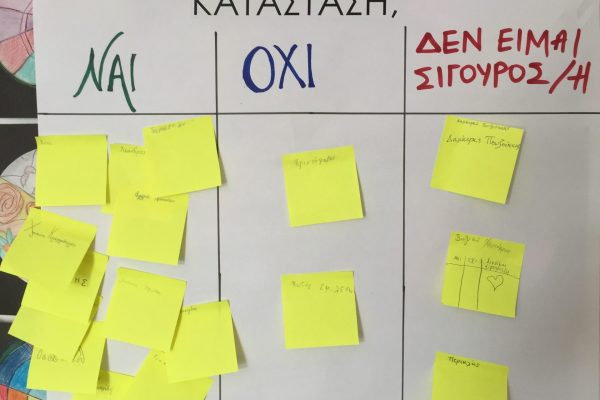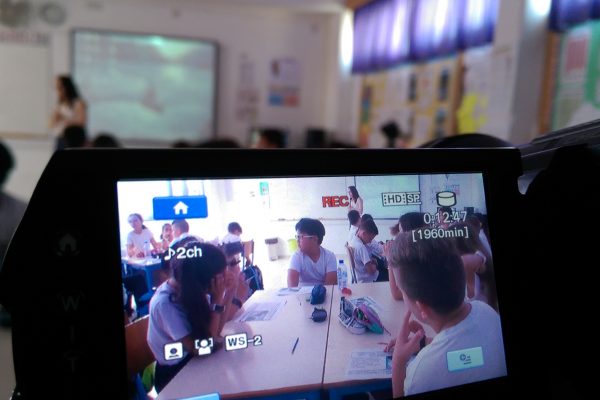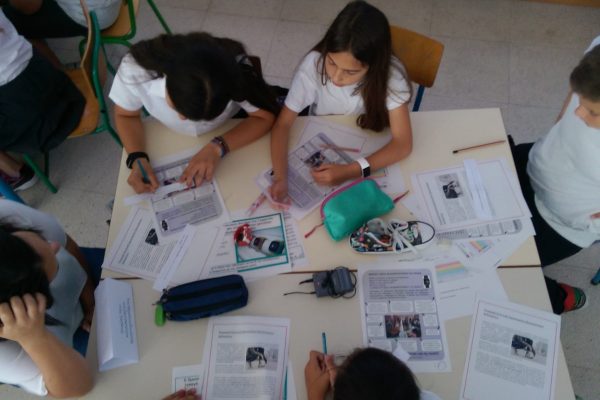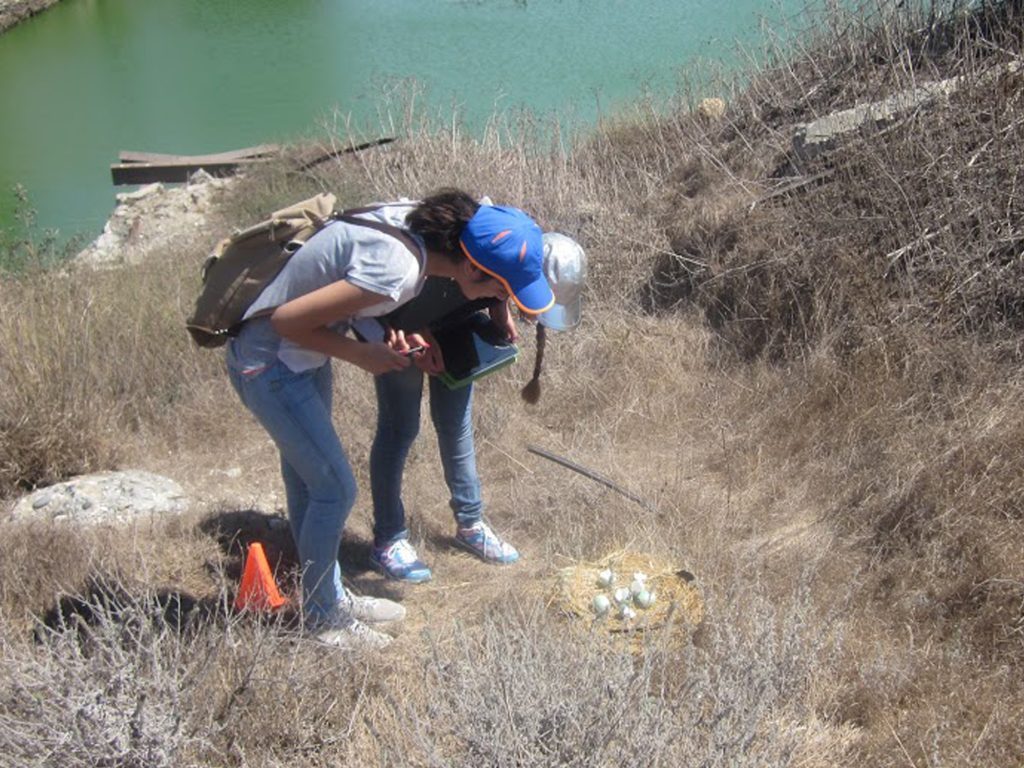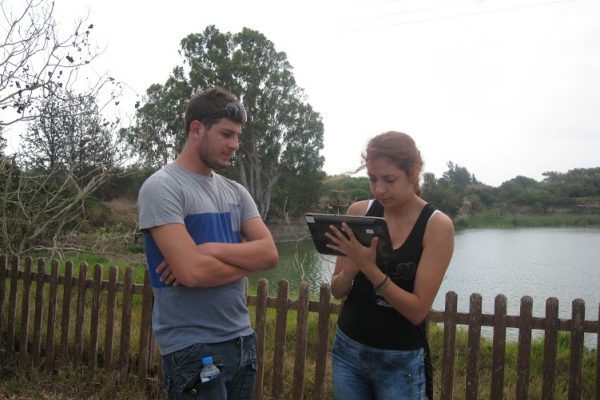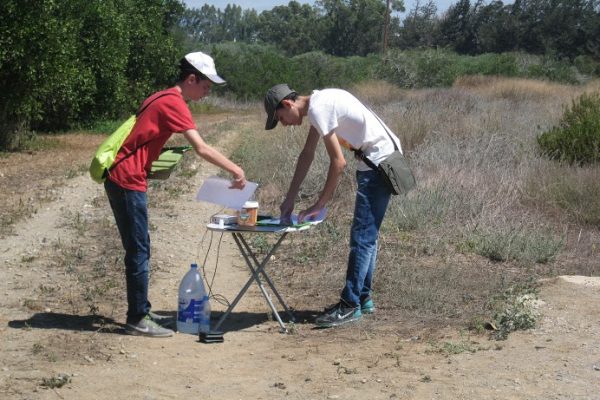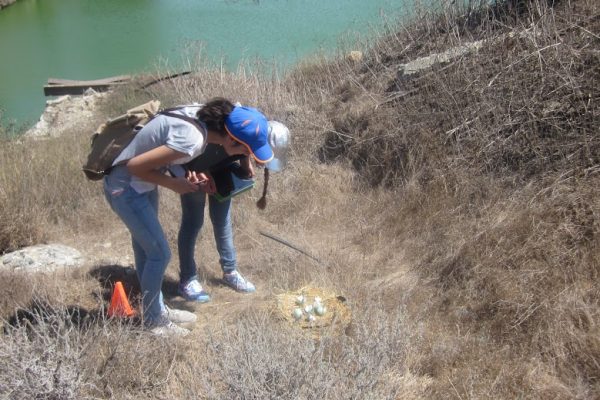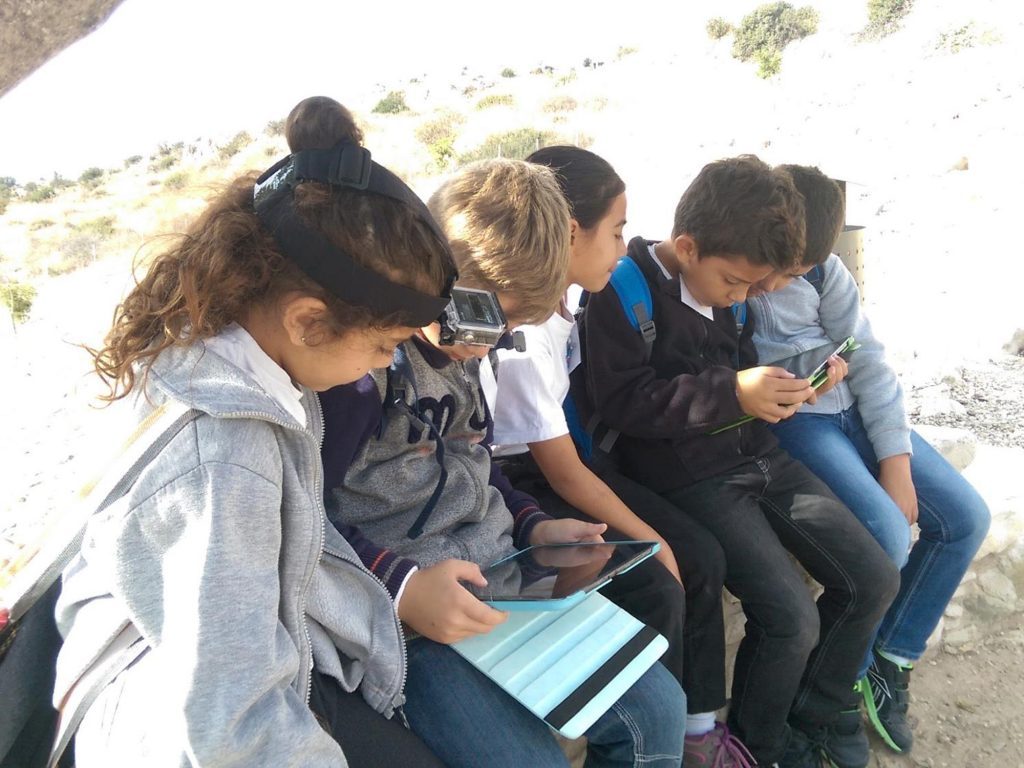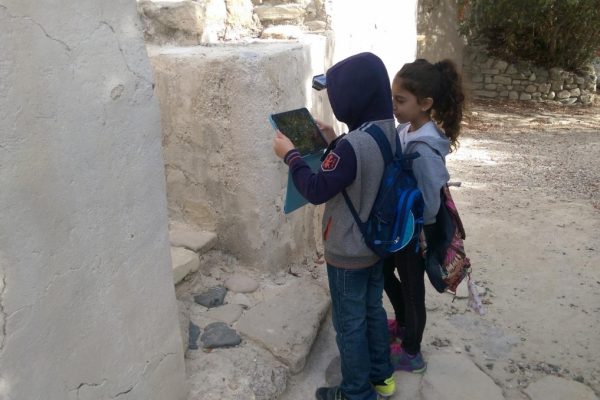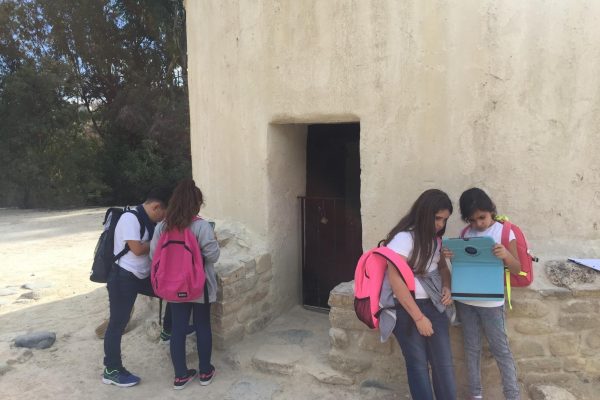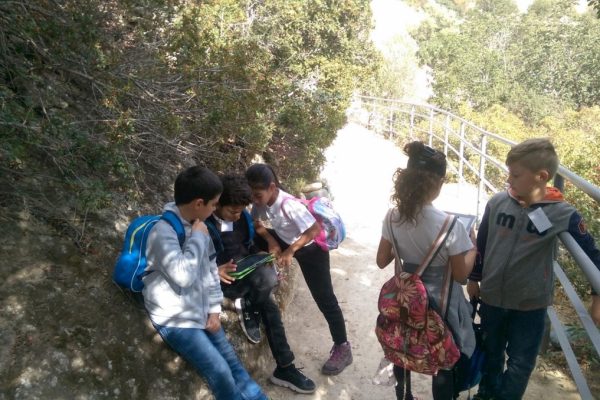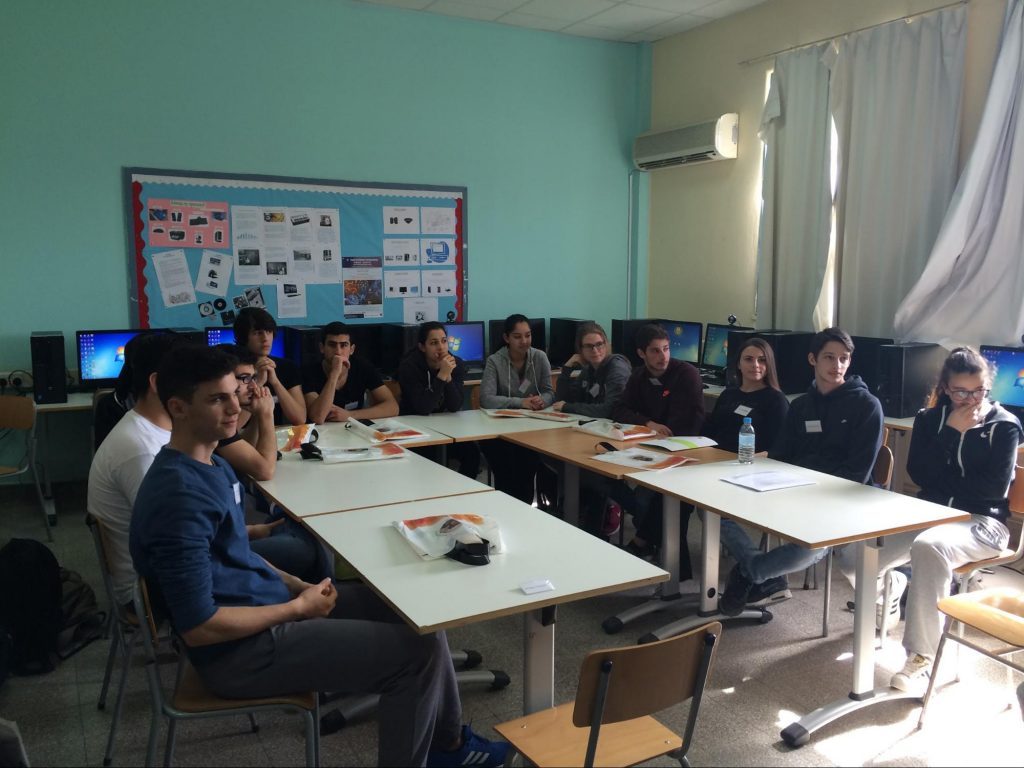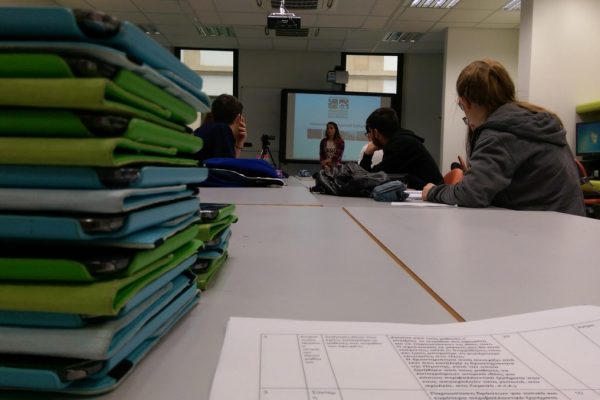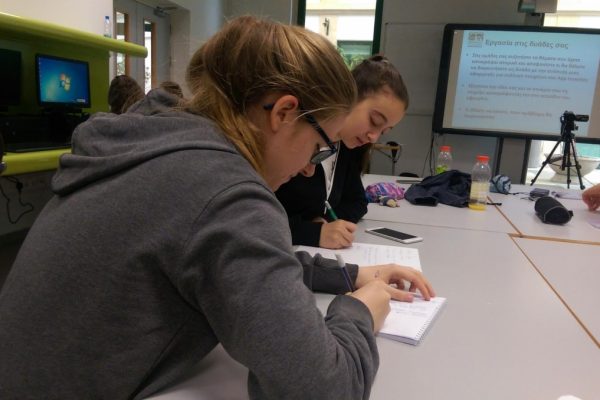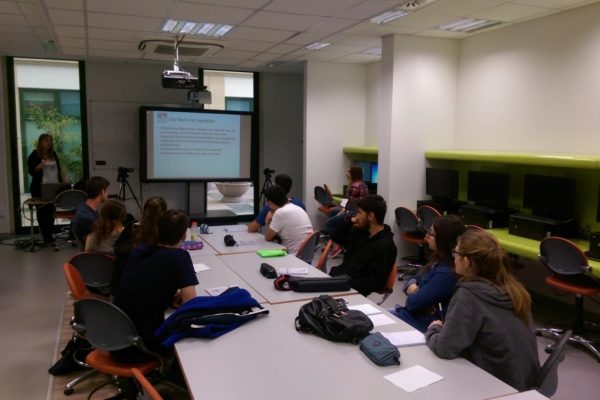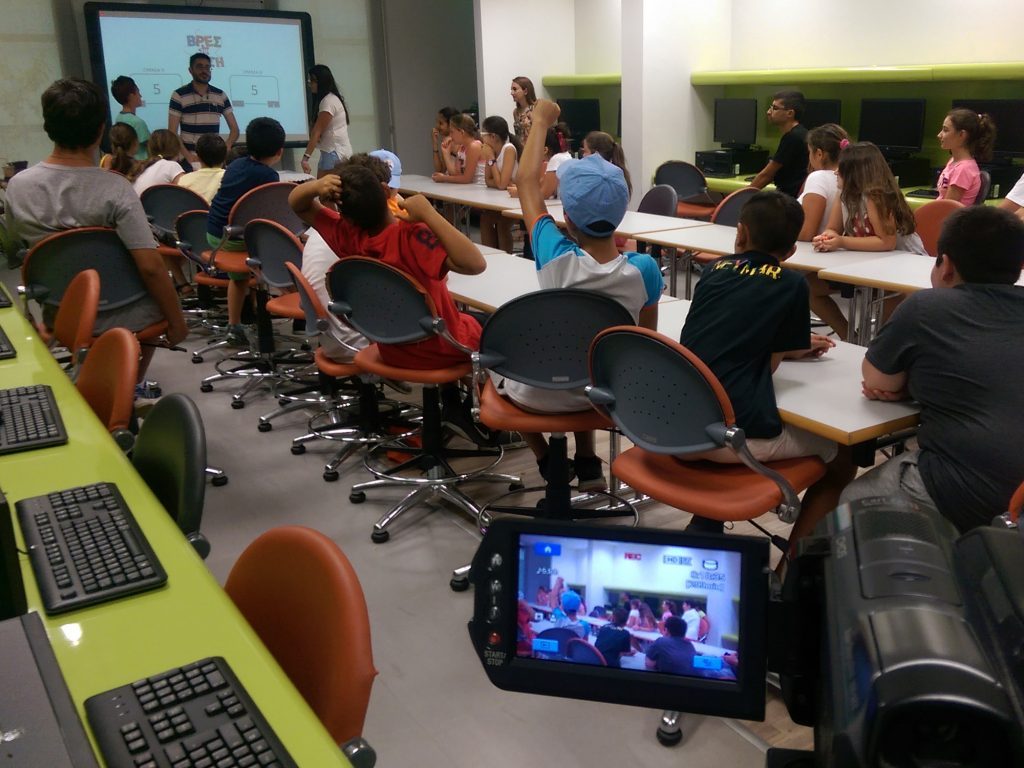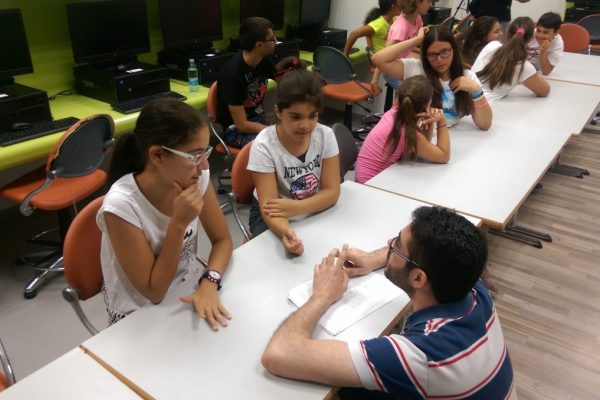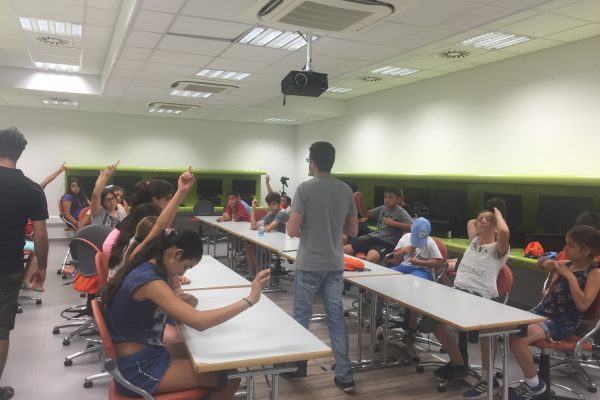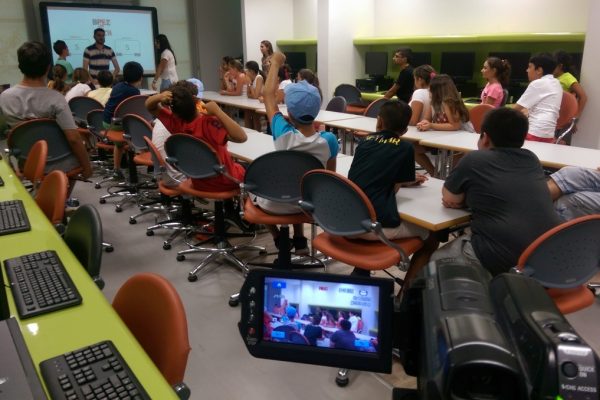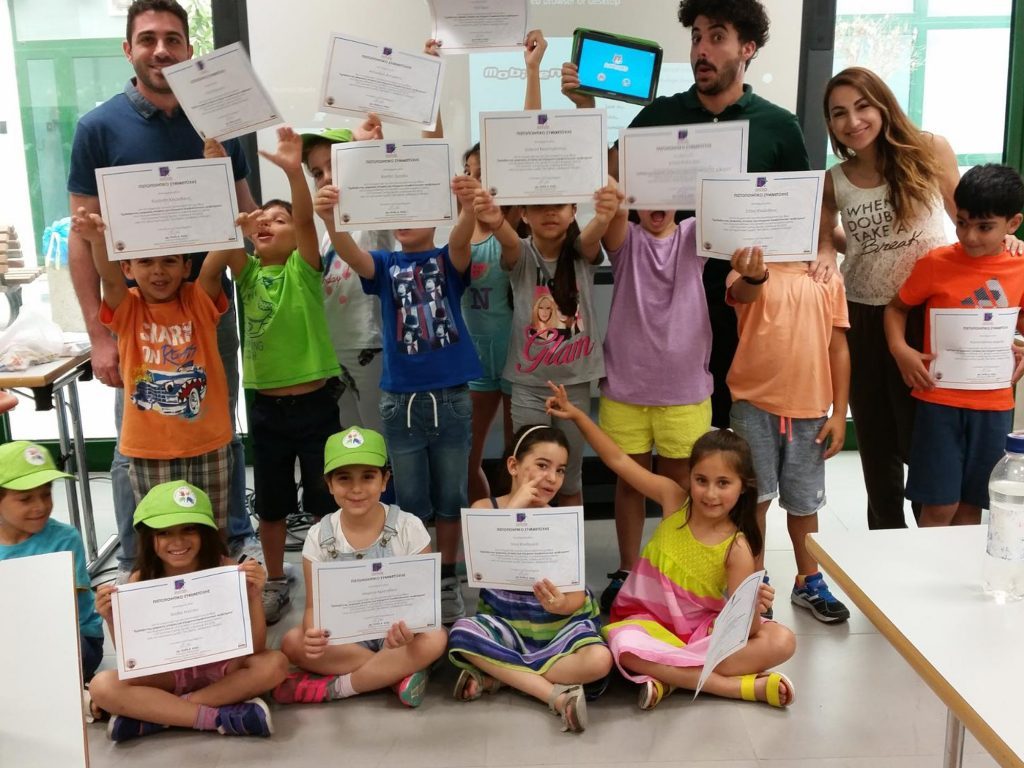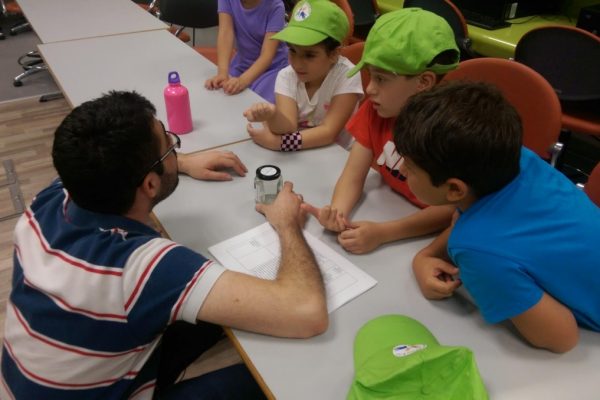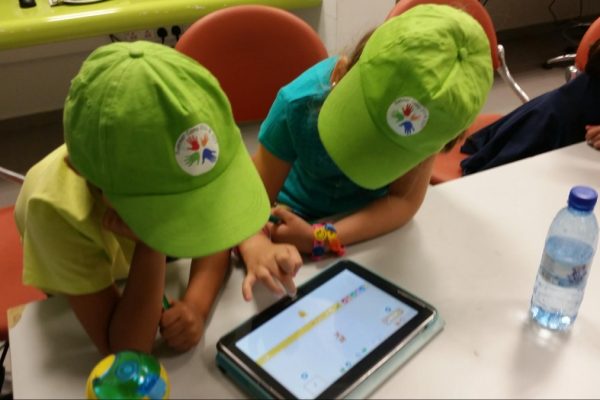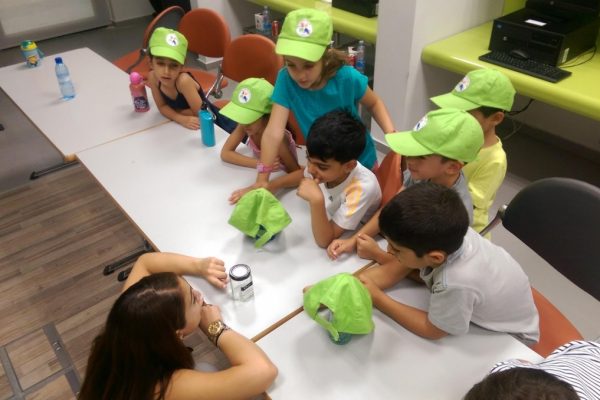
The PeDaLcomp project is a research initiative aimed at advancing personal data literacy (PeDaL) among elementary school students through innovative educational tools and methodologies. Rooted in the PeDaL framework, this project responds to the urgent need to equip young learners with essential competencies to navigate, manage, and ethically engage with personal digital data in today’s data-driven world. Key objectives of the PeDaLcomp project include validating and refining the PeDaL framework, designing and implementing two distinct learning environments – a Technology-Enhanced Learning Environment using activity trackers, and a web-based platform with data visualization tools; and creating a grade-specific rubric demonstrating competence development among different age populations. Pedagogical, student-centered approaches, such as gamification, inquiry-based learning, and scaffolding are systematically evaluated to determine their effectiveness in fostering personal data literacy. Through design-based research, PeDaLcomp aims to produce tangible outcomes: validated educational frameworks, pedagogical insights, and scalable technological solutions. These efforts are expected to significantly enhance educational practices, ensuring that elementary school students acquire the critical skills necessary to responsibly navigate the complexities of personal data in the digital age. Ultimately, the PeDaLcomp project aims to contribute not only to the advancement of personal data literacy in educational settings, but also to the broader understanding of how emerging technologies can be effectively integrated into pedagogical practices to prepare future generations for a data-driven society.
Researchers:
Andria Agesilaou, Eleni A. Kyza, Yiannis Georgiou, Markos Souropetsis
Focus: The PeDaLcomp focuses on the design of two theoretically-driven learning environments to investigate the development of upper elementary school students’ personal data literacy competencies.
Funding: Locally-funded project (Research & Innovation Foundation Cyprus)
Status: On-going (2/2025 – 1/2027)

